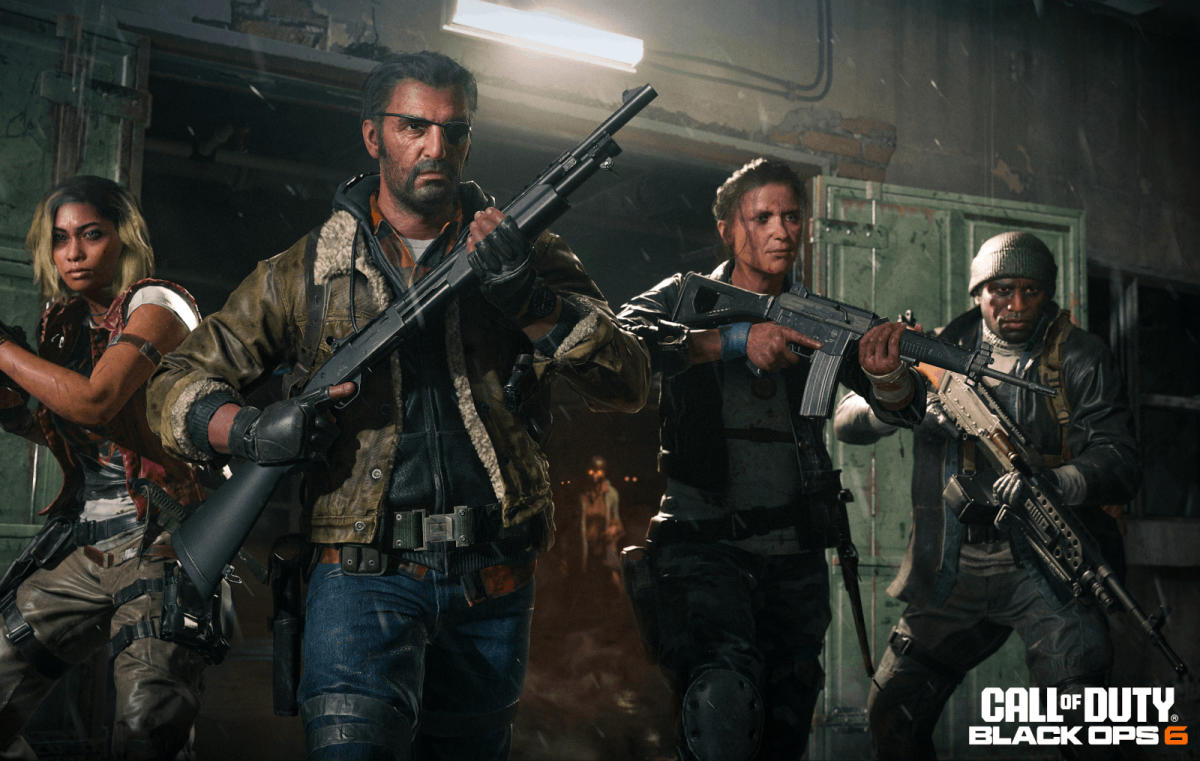The Federal Trade Commission (FTC) has accused Microsoft of violating its promises made during its Activision Blizzard acquisition by implementing changes to its Xbox Game Pass service that the FTC claims harm consumers.
In a letter addressed to the US Appeals Court, the FTC pointed to a recent price hike for the Xbox Game Pass, noting that Game Pass Ultimate now costs $20 a month â a 17 percent year-over-year increase. The agency also highlighted Microsoft's decision to discontinue the $11 Console Game Pass plan and replace it with a new Game Pass Standard tier priced at $15 per month. While this is an upgrade from the basic Core plan, it excludes access to day-one releases, leading the FTC to characterize it as a "degraded product."
The FTC's concerns stem from a critical point: the launch of *Call of Duty: Black Ops 6
on October 25th. Microsoft's discontinuation of the Console tier will occur right before the game's release, meaning subscribers wanting access on day one will be forced to purchase the $20-a-month Ultimate tier.
This directly contradicts Microsoft's prior statement that the Activision acquisition would "benefit consumers by making [CoD] available on Microsoftâs Game Pass on the day it is released on console (with no price increase for the service based on the acquisition)." The FTC argues that Microsoft's actions demonstrate "exercising market power post-merger."
The FTC's ongoing fight against the Activision Blizzard acquisition began with a failed attempt to obtain an injunction against the deal. While a judge ruled that the FTC had not proven how the merger would stifle competition, the agency remains persistent in its opposition. The FTC has filed an appeal to overturn the initial ruling, arguing that Microsoft's ability and incentive to withhold Activision's games present a clear threat to consumer interests.
Furthermore, the FTC previously accused Microsoft of breaking its pledge to operate Activision Blizzard independently after the company laid off nearly 2,000 employees in its gaming division.
With the $69 billion acquisition now complete, the FTC's challenge to the deal highlights the ongoing scrutiny of large-scale mergers and the potential impact on consumer access to gaming content. The outcome of this case will have significant ramifications for the future of the gaming industry and the balance of power between developers, platforms, and consumers.

